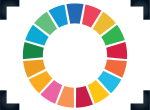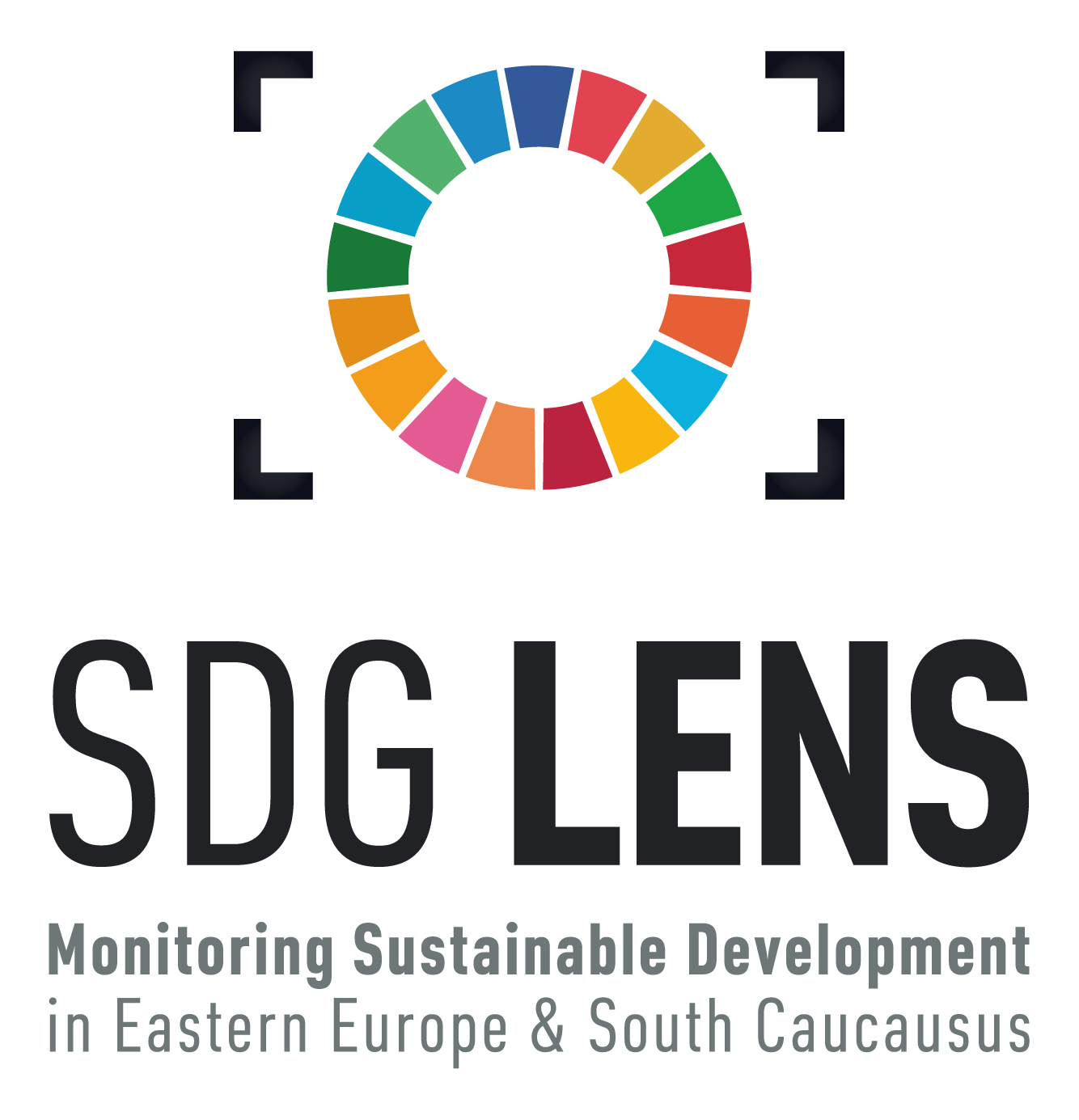Enabling civil societies to understand and develop independent monitoring, reporting and advocacy of the Agenda 2030
“Not without us” is a slogan which underlines the engagement of NGOs, civic actors and grass-roots initiatives in the Agenda 2030. Independent civil society reports, also known as shadow reports, alternative, parallel or spotlight reports, represent a central tool of monitoring and advocacy of the implementation of the Sustainable Development Goals.
Why do we need Civil Society Reports?
Shadow reports are relevant when civil society organizations (CSOs) were not involved in the preparation of the voluntary national review (VNR) or when the VNR does not reflect all national trends and does not highlight the problematic aspects of SDG implementation in the country. Governments are expected to take the lead in monitoring and reporting on progress towards each SDG and its targets. CSOs should also be involved in this process as part of the formal monitoring process. Civil society reports are essential to provide an independent, reliable and accurate assessment of the SDG progress within countries and to hold governments accountable to their citizens. Civil society reports can also provide recommendations for the implementation of the SDGs at national and local levels and identify opportunities for cooperation between government and civil society.
Civil society reports can be divided into “full” reports, which assess progress on all SDGs, or spotlight reports, which usually focus on a specific SDG.
Who is involved in the monitoring and development of the reports?
These can be representatives of all parts of civil society, including NGOs, activists, small social enterprises, academics, youth, senior citizens, rural populations, people with disabilities, indigenous peoples, trade unions, smallholder farmers, LGBTQ+ representatives, religious and ethnic minorities and others who might be left behind in the “official” reporting process.
What belongs to the report?
Both each chapter of a full shadow report as well as spotlight reports focusing on one of the Goals should include:
- Achievements and trends since the beginning of 2016 or since the last VNR
- Challenges that need to be addressed before 2030
- Recommendations from civil society to the state for the implementation of the relevant SDGs
- How civil society and ordinary citizens can help the state to achieve this SDG
Civil society reports need to be prepared for both decision-makers and a wider audience and be concise in order to convey the key findings and recommendations.
How can Civil Society Reports be prepared?
It is best if civil society reports are prepared with broad public participation from across the country through (online) consultations and review processes. Below are the approximate steps for working on the report:
1. Launching the process
The preparation of the civil society report should be made public and meetings of the key experts and organizations working on each SDG should be organized.
2. Preparation of chapter drafts
The selected experts develop key points on positive achievements and trends, challenges and recommendations.
3. (Online) Consultations
In order to involve the public and ensure broad participation in the development of the report, (online) consultations should be held on the implementation of all SDGs. The most important contributions should be integrated into the chapters.
4. Peer Review
The updated chapters should be presented to collect final written comments, especially to those who were unable to participate in the consultation process.The most important contributions should be integrated into the chapters.
5. Publication of the civil society report
Presentation of the report’s key findings to the public and government representatives
6. Presentation to the international community
The report can be presented at the Regional Forum on Sustainable Development and the High-Level Political Forum through the Regional Civil Society Engagement Mechanisms and published at international civil society platforms such as Major Groups & Other Stakeholders or Action for Sustainable Development.
Do you want to know more or need support in the development of a civil society report in your country?
SDG LENS. Monitoring Sustainable Development in Eastern Europe & South Caucasus supports civil society in the monitoring, reporting and advocating of the SDGs. Contact us via info@sdg-lens.org for further information and consultations.
TAP Network Spotlight Reporting Guidelines
Recognizing the critical importance of civil society reports and alternative tools for monitoring and reviewing progress on the SDGs, the TAP Network provides a guide for preparing a national-level civic report on SDG implementation. While there is no standardized approach to reporting on the SDGs, this guide is intended to help civil society actors reflect on their own national and local priorities and the state of SDG implementation in their countries to support robust and comparable civil society reporting.

